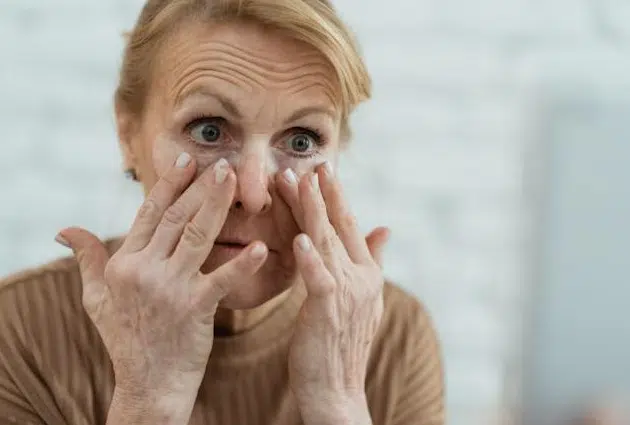Winter Skin Care for Older Adults
Posted in Senior Health Care Tips
As we age, our bodies naturally undergo significant changes that alter how we sense and interact with the world around us.
While changes to our skin are often looked at as an aesthetic concern, the body’s skin plays a critical role in protecting us from germs and infection. This is particularly important in the winter months, when colder, drier air makes our skin more susceptible to damage.
Read on to learn how to promote healthy skin when temperatures begin to drop.
How Skin Changes with Age
Over the course of the aging process, it is normal for skin to become less oily and elastic, making it more prone to breaks or irritation. These changes, combined with a decreased sense of thirst and slower healing, can create scenarios where minor injuries can become more common and pose a heightened risk of infection.
Fortunately, there are small changes you can make to promote healthy skin and mitigate these risks.
- Avoid (excessively) hot showers. Prolonged exposure to very hot showers can feel great, but also strips the skin of moisture and essential oils that keep the skin supple. If bathing leaves patches of red skin visible, consider lowering the temperature of the water in the future.
- Dry yourself thoroughly. Before dressing, be sure to thoroughly towel off any moisture on your skin, particularly between fingers and toes, armpits, and around your groin. Harmful bacteria, fungus, and other dangerous microorganisms flourish in moist, warm environments.
- Consider milder soaps. Heavily scented soaps can irritate already sensitive skin, so switching to milder formulations in the winter can reduce this risk when skin is most vulnerable, and most people are working up less of a sweat.
- Find a moisturizer that works for you. There are thousands of moisturizers on the market that can lower your risk of dry or cracked skin. While buying in bulk is often an easy way to save a few dollars, consider purchasing trial or travel-size bottles so you can test various brands.
- Stay hydrated. Although most people worry about dehydration in the summer, your body still benefits from regular water intake in the colder months. Lowering your intake of salty foods, alcohol, and caffeine can stave off dehydration and make it easier to keep your skin moist in dry winter air.
An easy way to monitor your hydration level is by observing your urine, which should be pale or only moderately yellow all year long.
- Invest in a humidifier. Home heating systems, combined with colder, drier air can contribute to less durable skin that is more prone to injury. A small humidifier can not only lower your loss of moisture, but also soothe dry airways and scratchy eyes.
- Monitor skin breaks. In the event of a cut or other break in the skin, make note of the site and apply a topical first aid ointment to aid in healing and lower your risk of infection. If the wound does not appear to be healing on its own, or if the area around the wound appears inflamed, seek the assistance of a medical professional early.
- Dress for cold weather. When going outside, be sure to avoid exposing any parts of your skin to cold, windy weather for extended periods of time. If you have less sense of your body’s temperature due to age, lean towards adding additional layers when going outside, just be sure to avoid wearing clothing that impacts your freedom of motion or increases your risk of falls.
These tips should be helpful as we enter the coldest months of the year. SelectCare’s team of home health care experts have helped New Yorkers live happier, healthier lives in the comfort of their long-time homes for nearly 40 years. To learn how we help families overcome challenges great and small, call SelectCare today, request a free in-home care guide, or read testimonials from our clients!
